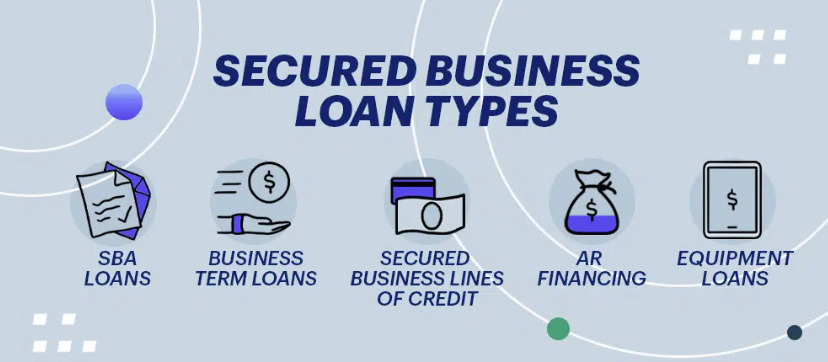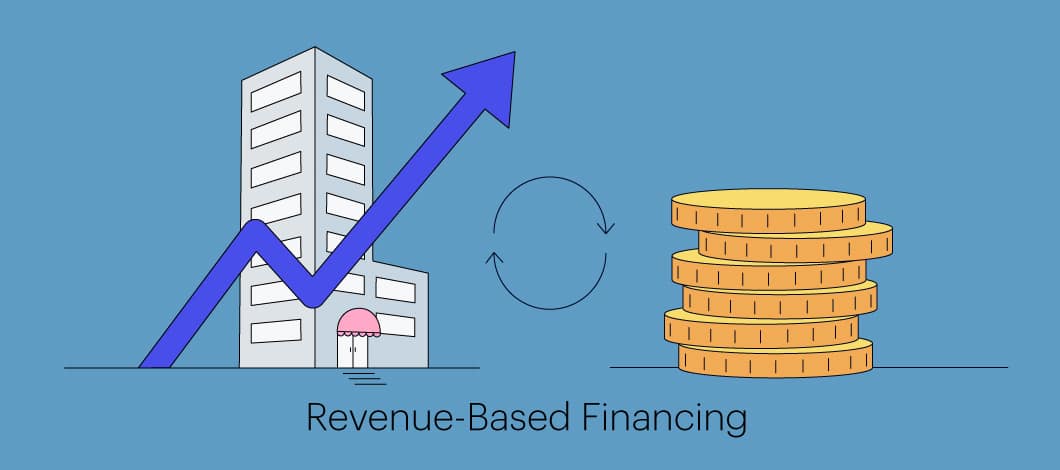In the ever-evolving landscape of small-business financing, change is the only constant. As the engines of innovation and growth, small businesses need efficient access to capital. The traditional avenues, however, often fall short in addressing their unique needs. This article explores how the tides are turning with the emergence of small business invoice factoring—a dynamic approach poised to reshape the way small businesses secure the funding they need.
Evolving Landscape of Small-Business Lending
Small businesses serve as the heartbeat of economies, propelling progress and fostering local communities. Yet, they grapple with a common challenge: securing timely and flexible funding to fuel their growth ambitions. The traditional lending models, riddled with complexities, credit checks, and lengthy approval processes, hinder their momentum.
The Role of Invoice Factoring
Enter invoice factoring—an innovative solution that’s changing the game for small-business financing. While traditional lending focuses on creditworthiness, invoice factoring centers on a business’s receivables. It’s a symbiotic relationship where small businesses gain access to much-needed funds, and lenders find security in the tangible value of outstanding invoices.
A Fresh Approach to Financing
Invoice factoring introduces a fresh perspective on financing—one that shifts the focus from credit scores to the actual transactions. It empowers small businesses to leverage their unpaid invoices, transforming them into immediate working capital. This approach champions growth, agility, and a brighter financial future.
How Invoice Factoring Works
The mechanics of invoice factoring are refreshingly simple. A small business sells its unpaid invoices to a factoring company at a discounted rate. In return, the business receives an infusion of capital that can be used to meet immediate needs, seize opportunities, and invest in growth.
Benefits for Small Businesses
The allure of invoice factoring lies in its multifaceted benefits. It bridges the gap between completed work and actual payment, combating cash flow bottlenecks. It also shields businesses from the crippling impact of delayed payments, enabling them to maintain operations without disruption.
Overcoming Cash Flow Bottlenecks
Cash flow bottlenecks are the arch-nemesis of small businesses. Invoice factoring swoops in as a formidable ally, offering a lifeline during cash-strapped periods. It ensures that ongoing projects aren’t halted due to a lack of funds, fostering stability and growth.
Addressing Payment Delays
Invoice factoring effectively addresses the issue of payment delays, a common woe for small businesses. By converting invoices into immediate funds, businesses can sidestep the negative consequences of overdue payments and continue to operate seamlessly.
Empowering Small-Business Growth
Beyond financial relief, invoice factoring fuels small-business growth. It empowers entrepreneurs to seize growth opportunities, take on new projects, and expand their reach without the constraints of insufficient capital.
Streamlined Approval Process
Compared to the labyrinthine approval processes of traditional lending, invoice factoring offers a streamlined path. The focus shifts from the business’s credit history to the creditworthiness of its clients, making approvals swifter and more accessible.
Collateral and Credit Impact
Factoring eliminates the need for extensive collateral or spotless credit records. Instead, the emphasis is on the credibility of clients and the value of the invoices, leveling the playing field for businesses with less-than-perfect credit.
Flexibility and Funding Volume
Invoice factoring adapts to businesses’ financial ebbs and flows. The funding volume increases as the volume of invoices grows, ensuring that businesses can tap into more substantial capital when they need it most.
Selecting the Right Factoring Partner
Navigating the factoring landscape requires choosing the right partner. Businesses should assess the factoring company’s reputation, experience, and terms to ensure a mutually beneficial partnership.
Assessing Terms and Fees
Understanding the terms and fees associated with factoring is essential. Small businesses should scrutinize discount rates, service fees, and any potential hidden costs to make informed decisions.
Maximizing Factoring Benefits
To maximize the benefits of invoice factoring, businesses should effectively manage their invoicing processes. Timely and accurate invoices enhance the relationship with the factoring company and streamline funding access.
Digital Platforms for Seamless Factoring
Technological innovation is propelling the factoring industry forward. Digital platforms provide a seamless experience, allowing businesses to submit invoices, track payments, and access funds in real-time.
Real-Time Monitoring and Insights
Digital factoring platforms offer real-time monitoring and insights into invoice status and payment progress. This transparency empowers businesses to make informed decisions about their finances.
Enhancing Small-Business Operations
Invoice factoring goes beyond financing—it enhances overall operations. With improved cash flow, businesses can focus on growth strategies, invest in equipment, and nurture customer relationships.
Fueling Expansion and Opportunities
Invoice factoring isn’t just about surviving—it’s about thriving. The influx of capital can fuel expansion efforts, drive new ventures, and establish small businesses as robust players in their industries.
Building Positive Business Relationships
Factoring isn’t merely a financial transaction; it’s a partnership. By strengthening the relationship between businesses and their clients, factoring can lead to more consistent payments and stronger business connections.
Scaling Without Debt Accumulation
The beauty of invoice factoring lies in its non-debt nature. Businesses can access capital without accumulating debt, positioning themselves for sustainable growth without the burden of repayment.
Preparing for Factoring Implementation
Before making the transition to invoice factoring, businesses should ensure their invoicing and financial processes are organized and accurate to maximize the benefits of the arrangement.
Integrating Factoring into Financial Strategy
Factoring should be seamlessly integrated into the overall financial strategy. By aligning factoring with growth goals and cash flow management, businesses can fully harness its potential.
Embracing Change for a Brighter Future
Transitioning to invoice factoring requires an open mind and a willingness to embrace change. By doing so, small businesses can embark on a journey toward a brighter and more resilient financial future.
Revolutionizing Small-Business Lending
In conclusion, small business invoice factoring is on the verge of revolutionizing small-business lending. It’s a paradigm shift that empowers businesses to overcome challenges, seize opportunities, and pave the way for growth, all while fostering financial stability.
FAQs
1. What is small business invoice factoring?
Small business invoice factoring is a financing approach where businesses sell their unpaid invoices to a factoring company for immediate funds, bypassing credit barriers.
2. How does invoice factoring differ from traditional lending?
Invoice factoring focuses on the value of outstanding invoices and the credibility of clients, offering a streamlined approval process and flexible funding.
3. What are the benefits of invoice factoring?
Invoice factoring combats cash flow bottlenecks, addresses payment delays, empowers growth, and offers a non-debt avenue for accessing capital.
4. How do businesses select the right factoring partner?
Businesses should assess a factoring company’s reputation, experience, and terms to ensure a compatible and beneficial partnership.
5. How does invoice factoring enhance small-business operations?
Invoice factoring enhances operations by improving cash flow, enabling growth investments, and nurturing customer relationships.







